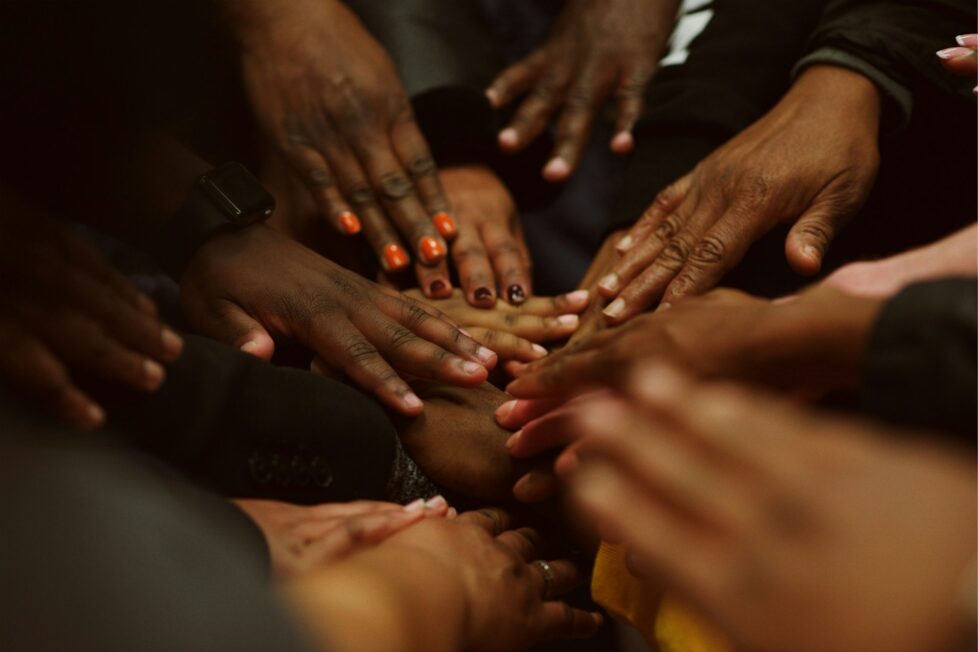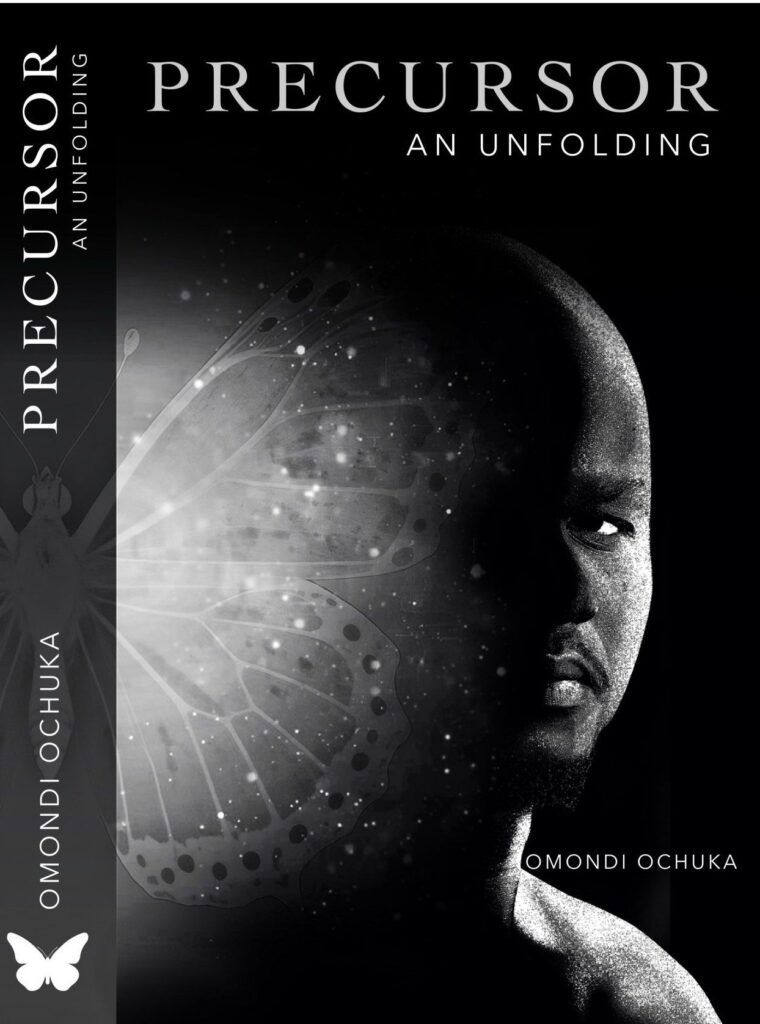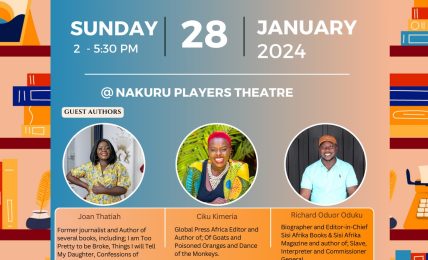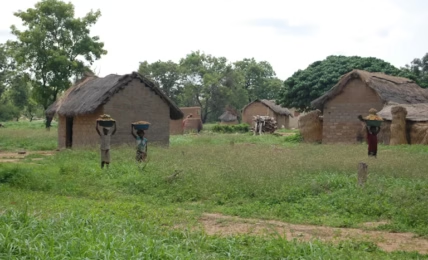How to Talk With (to) Someone Who Has Cancer
Talking to someone with cancer is an exercise in presence, honesty and restraint and not grand speeches, dramatic optimism or rushed solutions. One simply tries to show up with humanizing words, and sometimes, with none at all.









